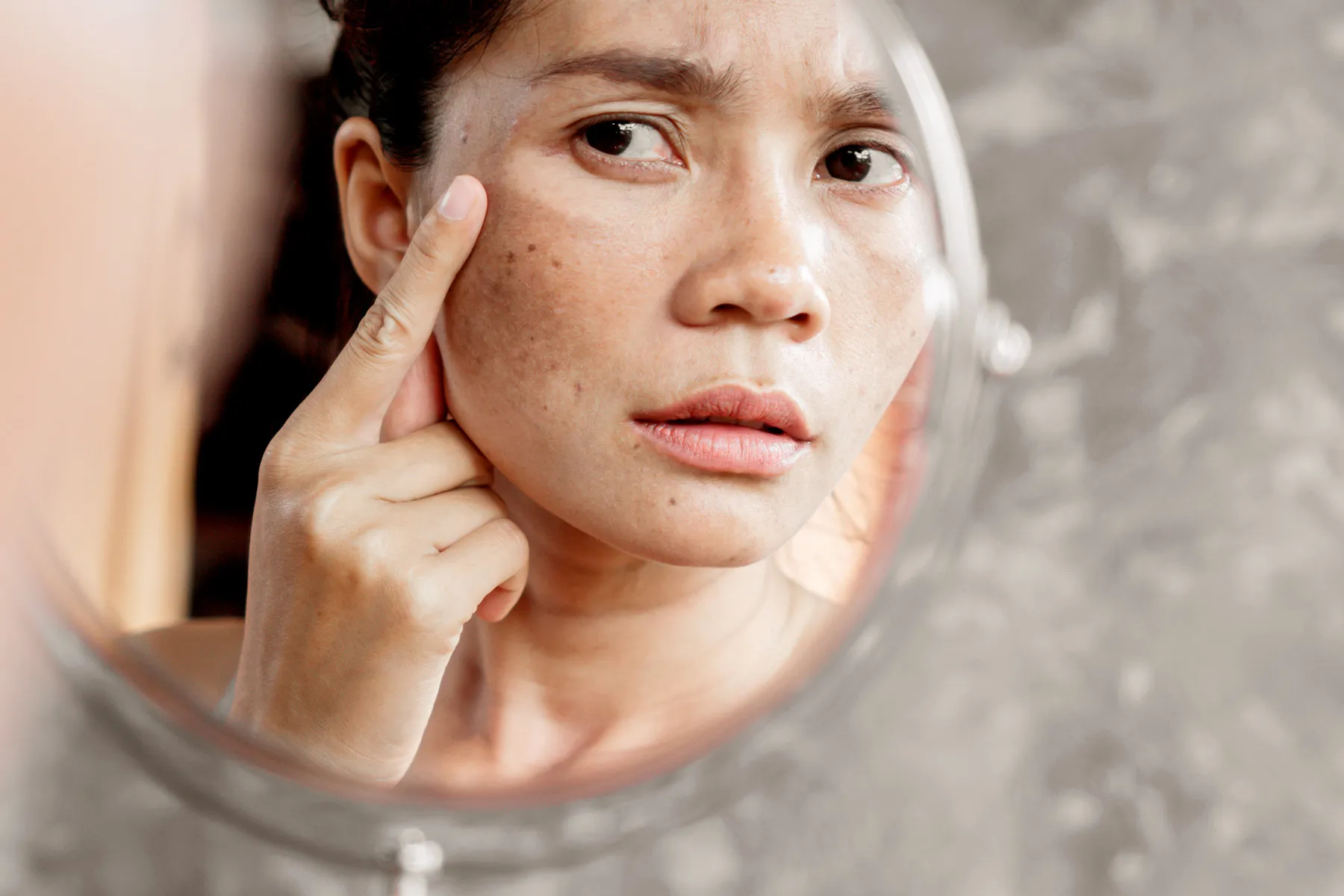If further research can identify the substances that gut bacteria produce to help muscles grow after exercise, we may be able to use some of those substances to promote muscle growth in people suffering from muscle loss caused by ageing or cancer.
According to a new study published today in The Journal of Physiology.The researchers discovered that an intact microbiome was required in mice for muscles to grow after exercise.The trillions of bacteria (and other microbes) that live inside our digestive systems are referred to as the gut microbiome.
Over the last decade, research has discovered that these bacteria produce substances that are essential to our health. Some of these studies provided intriguing evidence that the gut microbiome may also be important for skeletal muscle health. Is a healthy gut microbiome, however, required for skeletal muscle to adapt to exercise?To answer this question, the researchers allowed mice to exercise on running wheels voluntarily every day for nine weeks, while some mice were given antibiotics through their drinking water.

The bacteria in the gut microbiome were killed by the antibiotic treatment.They then compared the muscles of healthy mice to those of mice lacking an intact microbiome to see if the muscles adapted to wheel running differently.
They discovered that muscles in mice lacking an intact microbiome did not grow as much as muscles in healthy mice, despite the fact that both groups of mice ran the same amount of wheel running over the course of nine weeks.These findings suggest that a healthy gut microbiome is required for skeletal muscles to fully recover after exercise.The findings of this new study add to the growing body of evidence demonstrating a link between the gut microbiome and skeletal muscles.
The findings suggest that the gut microbiome produces substances that aid in the growth of skeletal muscles following exercise. Although the researchers used a low dose of antibiotics in comparison to previous studies, one limitation of the study is that they do not know if the antibiotics directly affected skeletal muscle’s ability to adapt to exercise.
They also used only female mice in this preliminary study, so they don’t know if the results will be the same in male mice. Finally, as with all animal studies, it is unknown whether the findings will be applicable to humans.
Taylor Valentino, the paper’s first author, stated, “If we can identify the substances that gut bacteria are making to help muscles grow after exercise, we might be able to use some of those substances to promote muscle growth in people suffering from muscle loss, which is commonly seen with ageing or cancer.”
“From an athletic standpoint, world-class runners were found to have more of a specific type of bacteria that provided an additional source of energy, which was thought to help them run faster,” said John McCarthy, senior author.

As a result, the gut microbiome produces substances that appear to be necessary for skeletal muscles to fully adapt to exercise and to improve athletic performance.” “Right now, we’re trying to figure out how exercise affects the composition and function of the gut microbiome.
This investigation, along with other bacterial studies, will allow us to identify the substances produced by the gut microbiome that aid in the growth of skeletal muscle in response to exercise.“
__________
Muscle Growth | Don’t forget to follow us on Twitter @njtimesofficial. To get latest updates





